Numbers have distracted Bali's tourism industry for many years. An attitude reflected in a 'the more the merrier' belief has driven local and international hotel groups to build their award winning properties in more remote areas to cater to a rising need for a truly Balinese experience, and to cash in on a very lucrative business.
But is that sustainable?
Tourist arrivals have been on the rise for a number of years, a fact that local and international newswires have successfully been using to encourage investment and bolster market confidence.
Industry insiders however, believe recent declines point to the fact these targets have become unsustainable on a number of levels. According to The Jakarta Post, there has been an 11-percent decline in domestic tourist arrivals from January this year, compared to 2018, which in turn impacts the hospitality industry with a drop in occupancy levels. Although not as dramatic, foreign arrivals have also been declining during the same period.
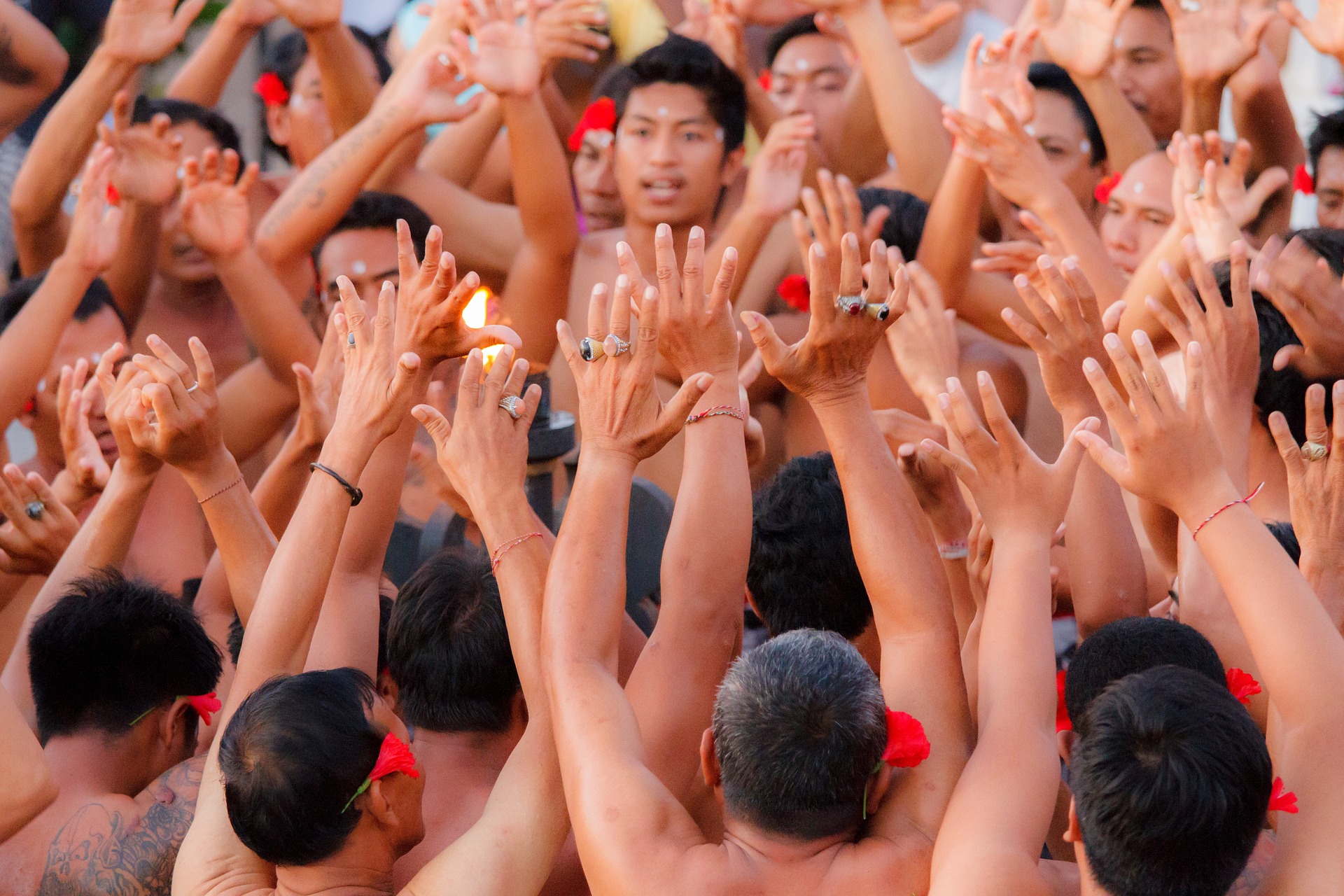 Is Bali's culture under attack from mass tourism? Image by Steffen Zimmermann on Pixabay.
Is Bali's culture under attack from mass tourism? Image by Steffen Zimmermann on Pixabay.
This may not be such a bad thing
Earlier this year, Gapura Bali commented on a report from The Diplomat that tourism-led growth was, in fact, a double-edged sword. While the Ministry of Tourism's strategic plan was "well on its way to hitting broad-based metrics like overall visitor numbers, higher GDP, billions in foreign investment and the creation of hundreds of thousands of jobs, it is unclear the extent to which the attainment of these national-level goals will have negative consequences for local businesses and the environment."
Cultural Tax
The introduction of a "Cultural Tax" for visitors was designed to generate funds to specifically address issues around preserving nature and the environment as well as Bali's unique traditions and customs. But most recently there has been talk of a more serious and long-term approach based around Bhutan's model of sustainable tourism.
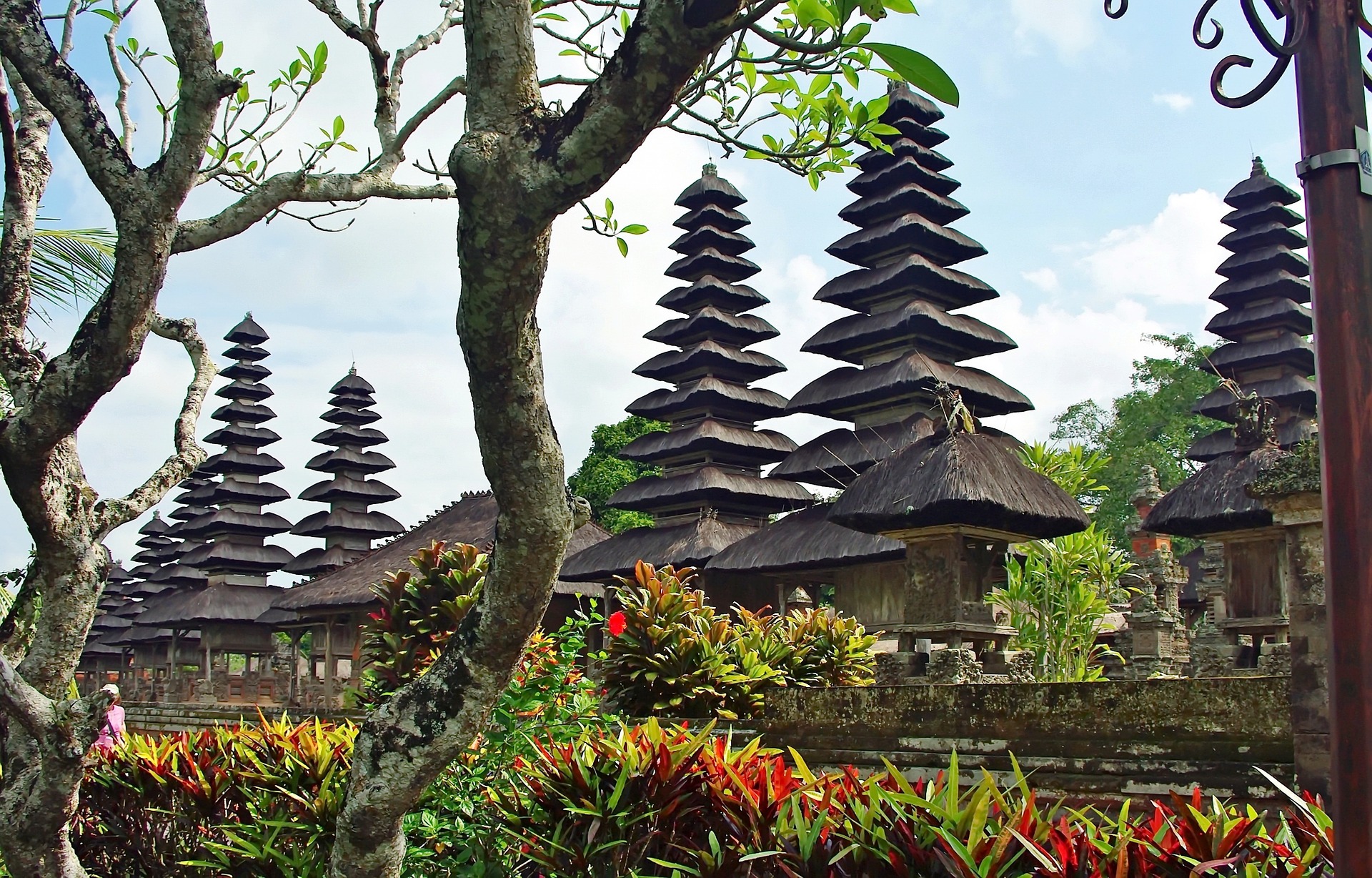 A Cultural Tax was designed to preserve Bali's unique culture. Image by Albert Dezetter on Pixabay.
A Cultural Tax was designed to preserve Bali's unique culture. Image by Albert Dezetter on Pixabay.
Nusa Bali are now reporting that Gusti Ngurah Rai Suryawijaya, Deputy Chairperson of the Bali chapter of the Indonesian Hotels and Restaurants Association, suggested quality tourism was something the island's government and tourism industry stakeholders should be considering.
Tourism 2020
Last November Gapura Bali published a feature around the 'Tourism 2020' initiative, which emphasizes quality over quantity because the last thing Bali's tourism industry needs is to become a cheap destination dominated by Zero Dollar tourism as highlighted by a recent clampdown on Chinese based tour operators.
The tourism management model Bhutan has adopted is built around sustainable tourism and balancing carrying capacity.
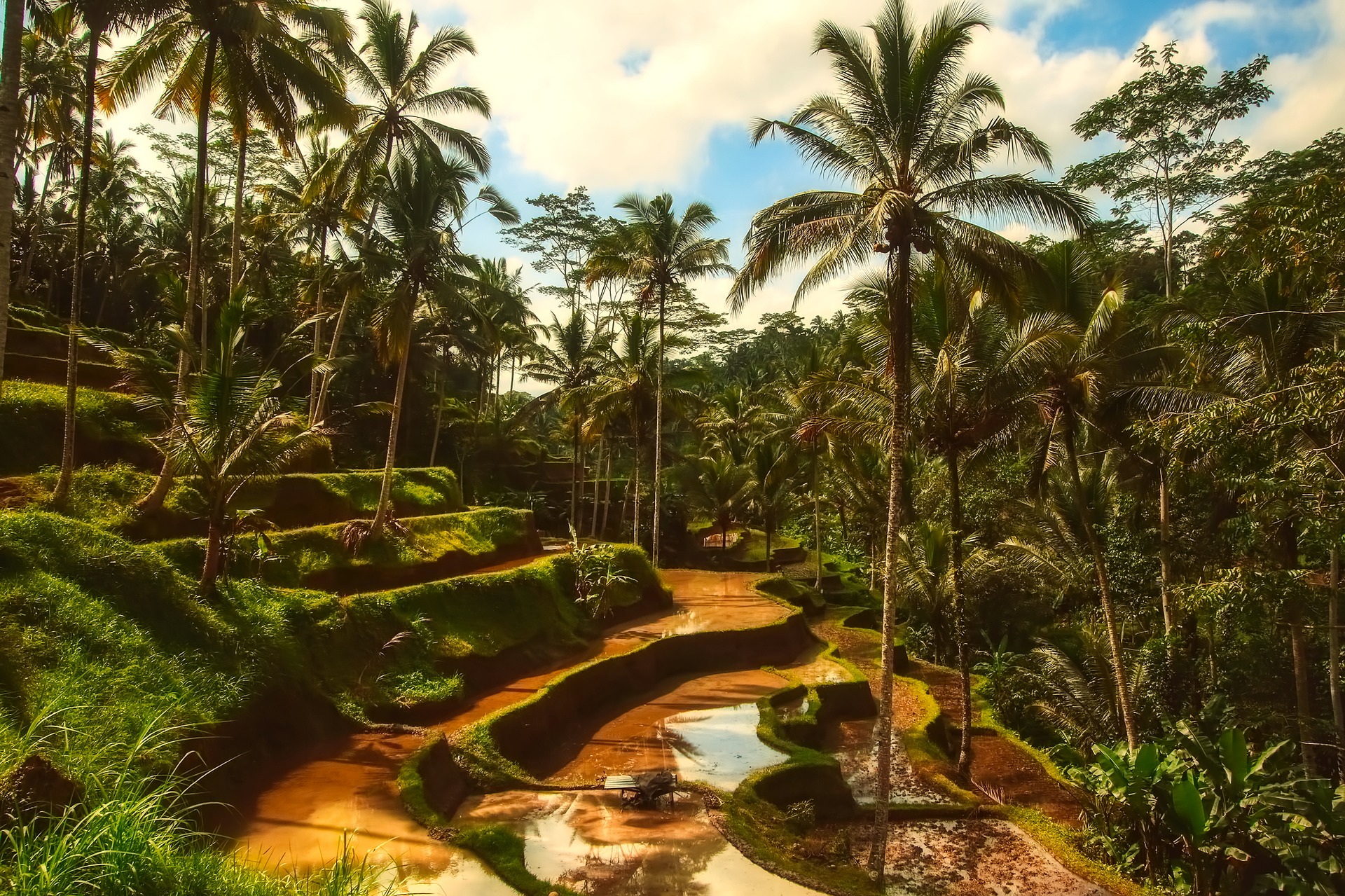 Bali's iconic terraced rice fields. Image by David Mark on Pixabay.
Bali's iconic terraced rice fields. Image by David Mark on Pixabay.
Suryawijaya explained that Bhutan's population of just 2.5 million people meant the maximum number of tourists in a year was also limited to the same number of 2.5 million.
High Value - Low Impact
The country encourages a "High Value - Low Impact" system, say Asia One and visitors are charged a daily fee of around USD 250 per day per person to visit the country. This includes accommodation, food, guides and transportation. Even applying for a visa to visit is not guaranteed.
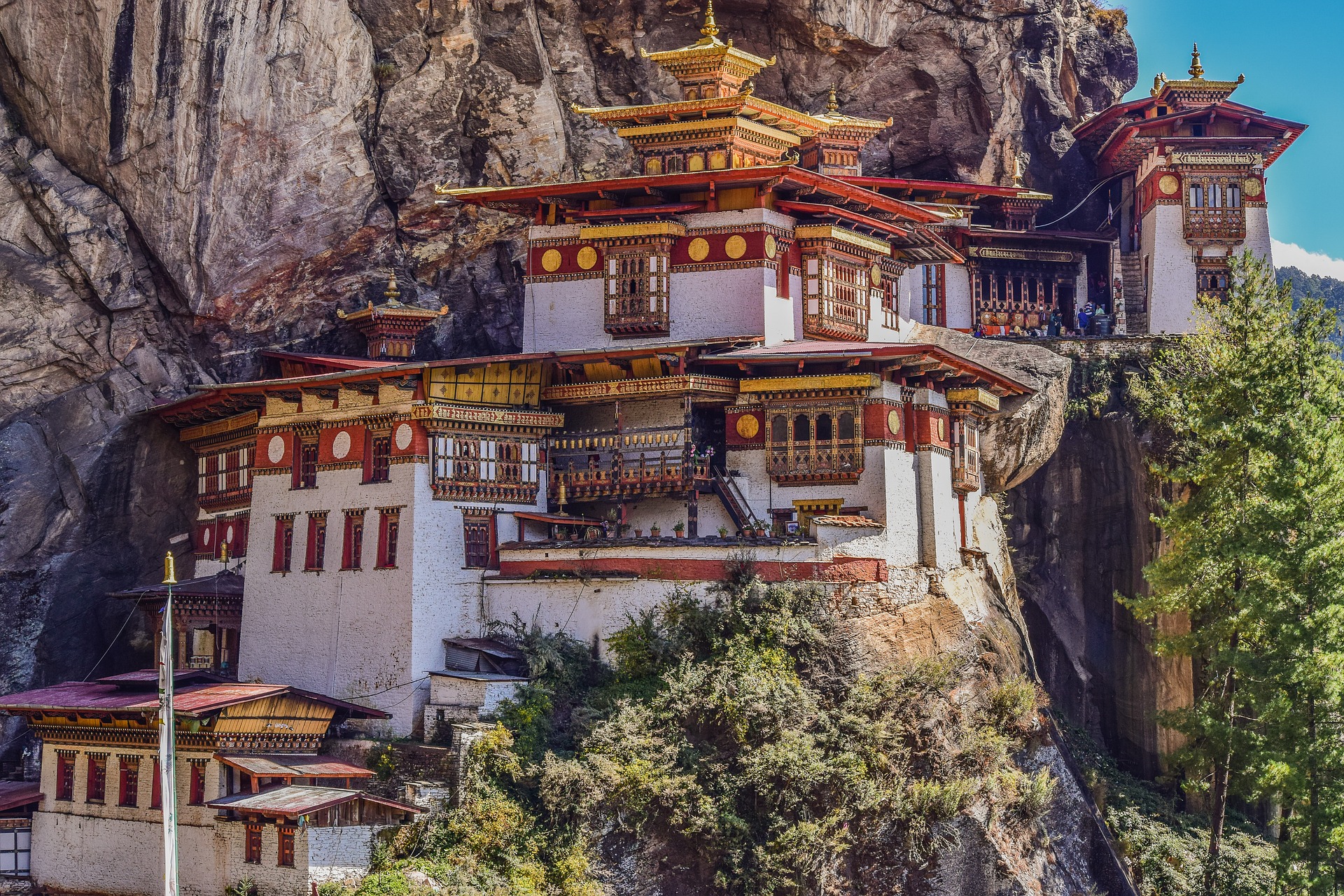 Tiger's Nest Temple is a unique and popular tourist attraction in Bhutan. Image by Suket Dedhla on Pixabay.
Tiger's Nest Temple is a unique and popular tourist attraction in Bhutan. Image by Suket Dedhla on Pixabay.
According to the Bhutan Sustainable Tourism Society (BSTS) visas have to be applied for online by a registered local tour operator and approval is given once advance payment has been received in full and all visa conditions fulfilled. Visas are generally only valid for a maximum of 14-days.
Applying One Island - One Managemnt
"This is the concept of quality tourism, which is worth considering for Bali," Suryawijaya said according to Nusa Bali, who also report that Bhutan has only built on 40-percent of its landmass safeguarding the remaining 60-percent for forests and water sources.
The idea however, maybe too late for the Island of the Gods. Bali's groundwater reserves are already well below critical levels, something the island's tourism industry is being held accountable for, as it consumes more than 60-percent of available water reserves, according to The South China Morning Post.
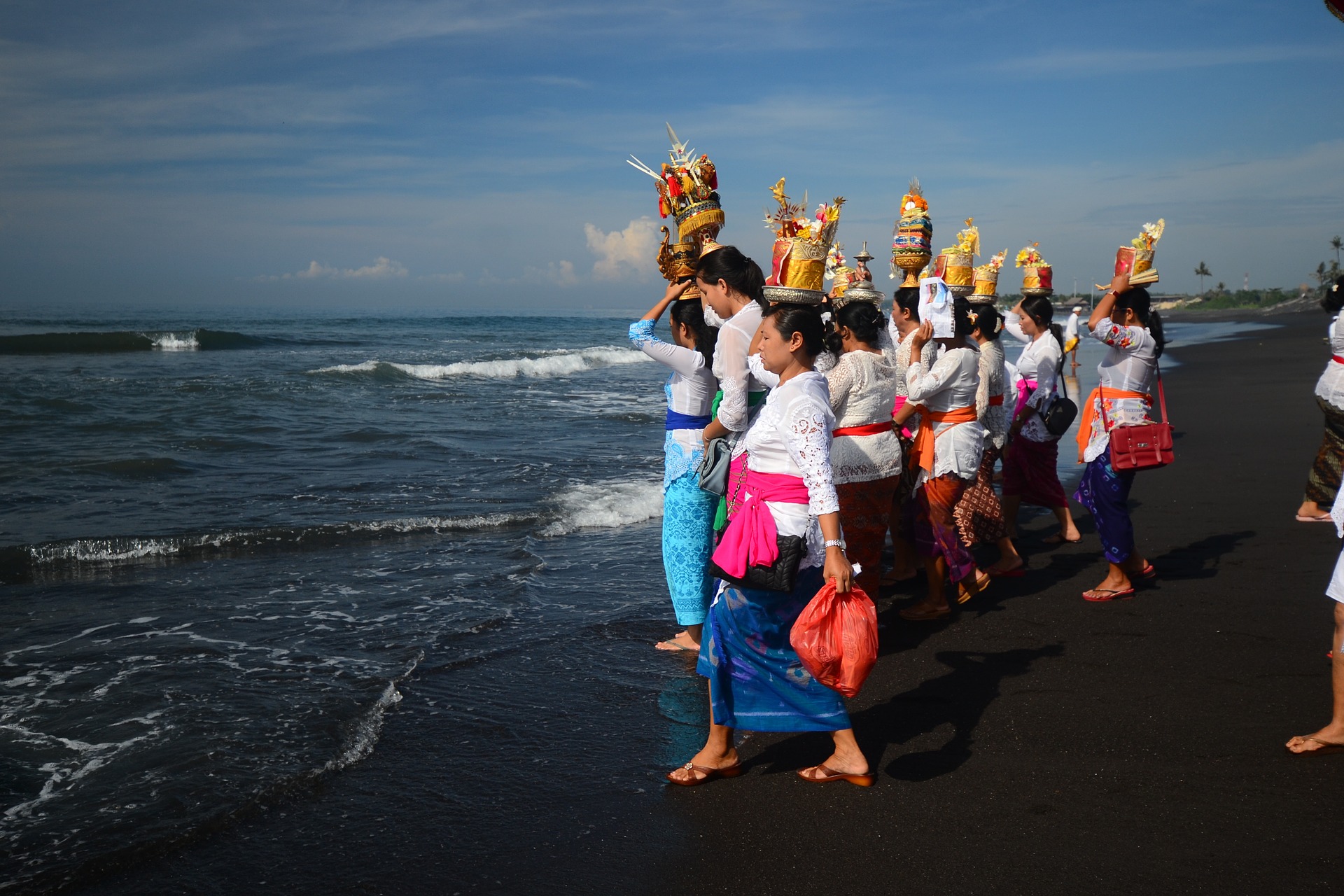 Bali's tourism industry consumes more than 60-percent of available water reserves. Image by evaychen on Pixabay.
Bali's tourism industry consumes more than 60-percent of available water reserves. Image by evaychen on Pixabay.
Suryawijaya, who is also Chairman of the Badung Regional Tourism Promotion Agency called on Wayan Koster, Bali's Governor to better apply the One Island, One Management concept to address these issues and act before it is too late. This would mean the island's regencies and industry stakeholders would need to cooperate and work for the greater good rather than fulfilling individual agendas.
Sources: Nusa Bali, The Diplomat, Gapura Bali, The Jakarta Post, South China Morning Post, Bali Post, Asia One
Similar to this:
Is Bali's political will turning green?
Bali looks for holistic approaches to economic growth
Preserving Bali's culture?

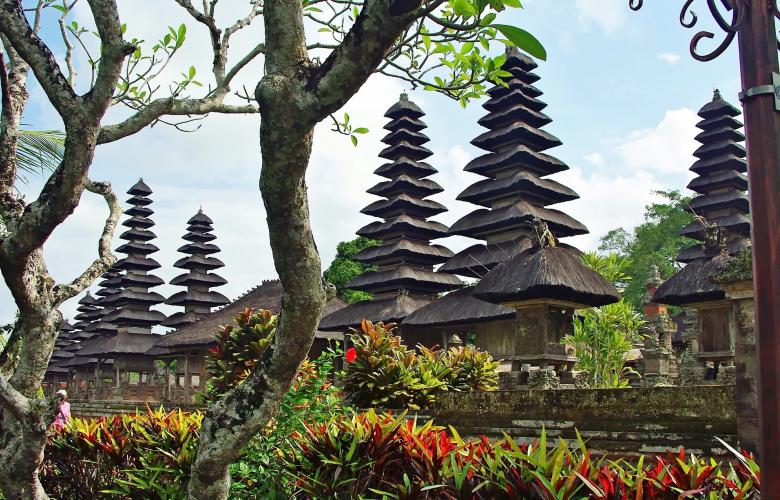
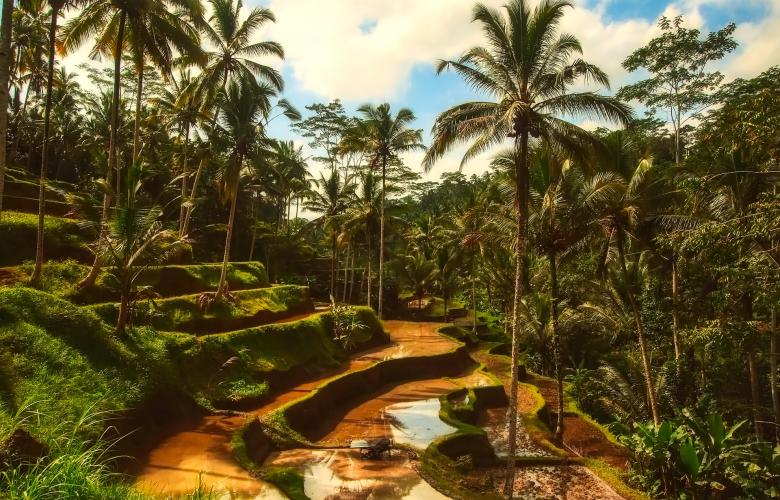
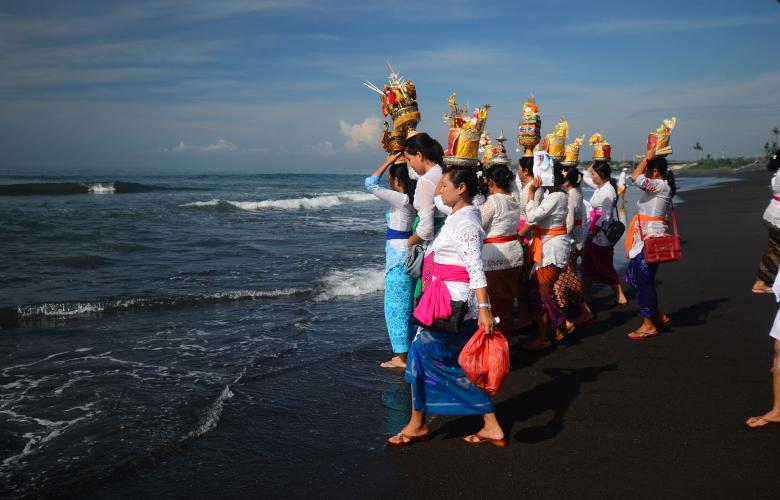
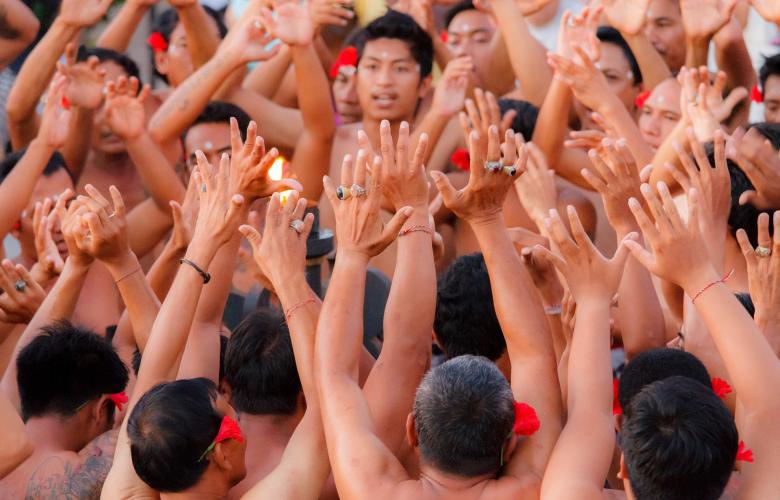
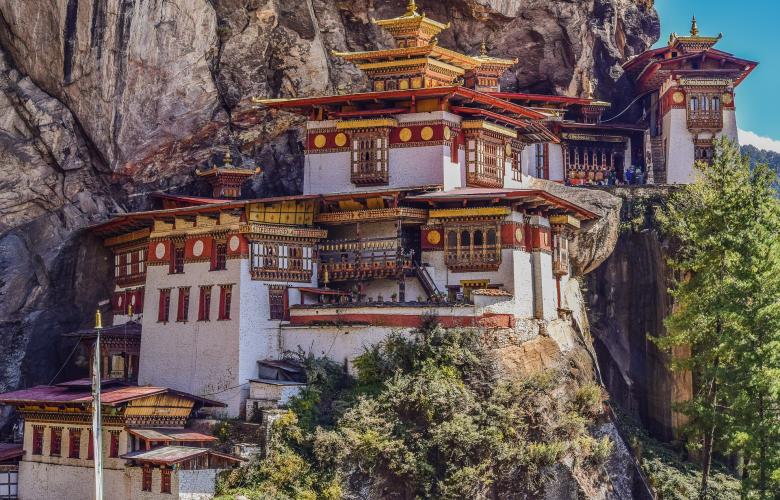
 Is Bali's culture under attack from mass tourism? Image by Steffen Zimmermann on Pixabay.
Is Bali's culture under attack from mass tourism? Image by Steffen Zimmermann on Pixabay. A Cultural Tax was designed to preserve Bali's unique culture. Image by Albert Dezetter on Pixabay.
A Cultural Tax was designed to preserve Bali's unique culture. Image by Albert Dezetter on Pixabay. Bali's iconic terraced rice fields. Image by David Mark on Pixabay.
Bali's iconic terraced rice fields. Image by David Mark on Pixabay. Tiger's Nest Temple is a unique and popular tourist attraction in Bhutan. Image by Suket Dedhla on Pixabay.
Tiger's Nest Temple is a unique and popular tourist attraction in Bhutan. Image by Suket Dedhla on Pixabay. Bali's tourism industry consumes more than 60-percent of available water reserves. Image by evaychen on Pixabay.
Bali's tourism industry consumes more than 60-percent of available water reserves. Image by evaychen on Pixabay.


